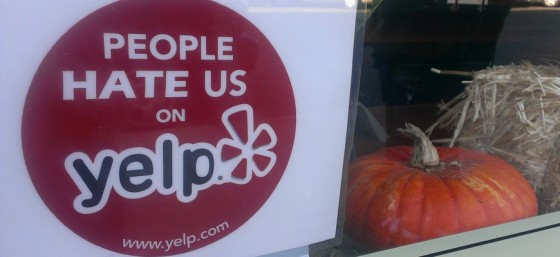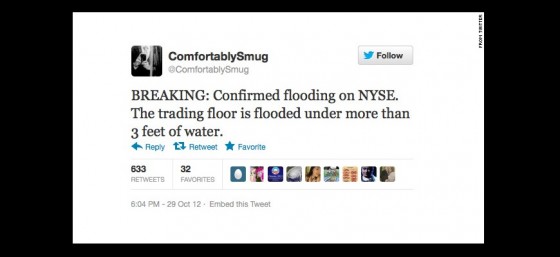There are a few lawsuits going on right now involving reviews on Yelp. If you are a business owner who is concerned about what people might post about you or a person who likes to post reviews of products and services online, you should be paying attention.
In the first case, the court ordered Yelp to reveal the identities of seven anonymous account holders who are being accused of posting false negative reviews about a business. The owner of Hadeed Carpet Cleaning filed the defamation lawsuit claiming that these people were not customers. Posting reviews of companies you haven’t used is also a violation of Yelp’s terms of service.
The First Amendment protects people’s right to share their opinions, including anonymously. However, it doesn’t protect against defamatory speech. The challenge with anonymous speech is you could be unmasked if you do something wrong or if someone builds a strong case that you could be wrong. These cases are hard because the owner doesn’t know who is posting the anonymous review so they can’t cross check the review with their customer records so they often have to sue to identify the person so they can determine if they’ve been illegally harmed. This case doesn’t concern me too much as long as the court is applying the proper standards to determine if the plaintiff has shown enough evidence of harm that would warrant a subpoena to reveal the posters’ identities.
In the second case, a contracting company is suing a former customer for $750K for defamation after she posted a negative review on Yelp where she claimed her “home was damaged, she was billed for work that wasn’t done and jewelry went missing after she hired” the company. Defamation generally requires a false statement about a person or entity that’s communicated to a third party, and that hurts the person or entity’s reputation. In this case, the owner claims the review has cost his company business, so there’s his damage. If anything in her review is untrue and led to the drop in business, that’s likely defamation.
Some people are concerned that these cases will prohibit people from posting negative reviews online, even when they are accurate. Given how many Yelp reviews have been posted and how few lawsuits have come out of them, I don’t think this should be a significant concern for Yelpers. I think these cases provide good lessons regarding internet law and etiquette:
- If you’re going to post reviews online, make sure you only share your accurate opinion. (BTW – Federal law requires you to only post your honest and accurate opinions.)
- The First Amendment protects your right to speak anonymously; however, if someone suspects your speech has harmed them, they may have to sue to get a subpoena for the website to reveal your identity to determine if they’ve been harmed. If you use your real name, they can cross check your review with their records.
- If you are a business owner, take care of your customers. If you treat them badly, have low quality products, or provide poor service, they will call you out online.
I also made a video about how to respond to bad reviews online from a legal perspective:
Most states have laws against strategic lawsuits against public participation, called anti-SLAPP laws. These are laws against filing lawsuits that are intended just to shut you up, not to address a situation where a person was legally harmed. If someone files a defamation lawsuit against you because of an online review and you feel like you’re being falsely accused, you should check to see if your state has an anti-SLAPP law.
If you want more information about internet defamation, please check out my book, The Legal Side of Blogging: How Not to get Sued, Fired, Arrested, or Killed. It has an entire chapter dedicated to online defamation. You can connected with me on Twitter, Facebook, YouTube, LinkedIn, or you can email me. You can also subscribe to the Carter Law Firm newsletter.
Please visit my homepage for more information about Carter Law Firm.

